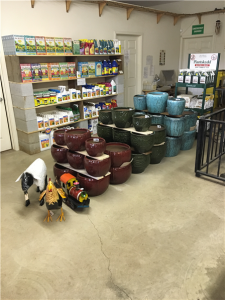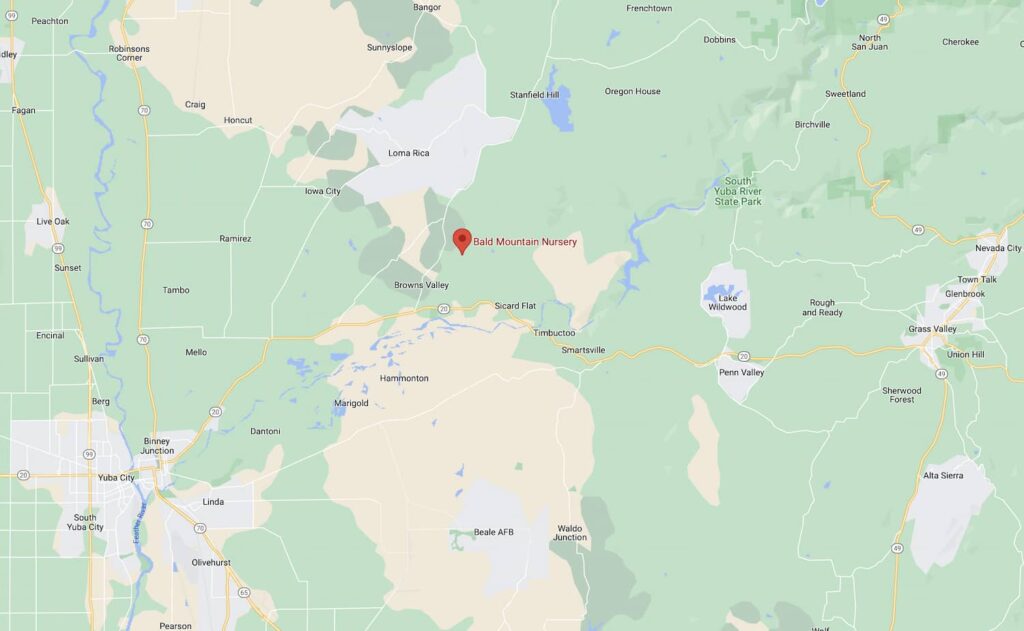Bare Root Season Continues Through February 28th.
Fruit Tree Pruning Classes February 6th & 7th at 10 am both days
Potato Planting Class February 6th at Noon.
FREE COFFEE AND HOT CHOCOLATE DURING BARE ROOT SEASON
FRUIT TREES
- Standard Fruit Trees $19.00 with a few exceptions.
- Semi Dwarf Fruit Trees $21.00 with a few exceptions.
The selection is still good. At the end of the month we pot up what is left. Once they are potted they will not be available until late spring or fall and the price is higher.
ROSES
- Bush and climber roses $15.95. Bare Root. In container $19.95
- 24″ Patio Tree Roses $27.50
- 36″ Tree Roses $38.00
We also have bare root lilacs and shade trees and berries available as well.
Remember, bare root season ends February 28th. After that bare root trees are no longer available. We begin potting them at that time.
CITRUS TREES
We will be getting citrus trees the first or second week of March. Weather depending. We will not bring them in if we are still having hard freezes.
Seed Potatoes are now in. Plant them now and harvest potatoes later in the spring. We eill be having a potato planting class this Saturday the 6th at noon if you want to learn how to plant seed potatoes.
We just received a new shipment of ornamental pots for container gardening. Nice selection in assorted colors and sizes.
Also metal garden animals for your yard. With a new shipment due soon.
- Fruit Tree Pruning Classes This Weekend
- February 6th and 7th, 10 am both days
- Gardening tips for February
- Final Dormant Spraying Due Now
The final spraying for leaf curl should be done this week. Don’t delay on getting it done. The mild weather we have had may make the trees begin to bloom early. In the orchard here at the nursery, a couple are already in bloom. Make sure to get the spraying done before the color of the blooms begin to show. This final spraying is the most important one. Use copper and mix a dormant oil with it when you spray. It will help the spray to cling to the tree and also help to kill overwintering insects.
Pruning of fruit trees and roses and other plants should be done while they are still dormant. That is another task that should be done soon. Minor pruning can be done anytime but if you have some major pruning to do, try to get it done soon.
Fertilizing will be needed when the plants have put on their leaves for the spring. A balanced fertilizer works well for most trees and shrubs. Look for fertilizer with all three numbers the same such as 16/16/16.
Some things need special fertilizer. Azaleas and Rhododendrons like acid fertilizer. They also should not be fertilized until after they have bloomed.
Then fertilize them three times each 30 days apart. Citrus should be fertilized with a citrus fertilizer. It would be best to wait until March for that, just in case we get another freeze. The fertilizing will cause new growth that will be tender to frost, so wait until the danger of frost is past. Then fertilize citrus once a month during the growing season. Usually March through October. We have a sheet at the nursery that explains all about fertilizing. Ask for it next time you are in.
Weeds are going to be growing quickly with all the nice rain we have had this year. If you don’t want to spray, then start pulling them soon before they get out of control. If you want to spray now is a good time to spray. Mix a pre-emergent in with the weed killer and you will kill the weeds and prevent new weeds from growing. We carry Remuda which is the same chemical as Roundup but the price is much lower. A 2.5 gallon container of Remuda which is 41% glyphosate. Remember that if you use a pre-emergent you will not be able to get seeds to sprout in that area. So don’t use a pre-emergent in an area where you are planning on sowing seed.
As camellia flowers drop off be sure to clean them up and throw them away. They can harbor fungus spores that cause petal blight in camellias.
Start spraying roses with fungicide as soon as they have their new set of leaves. We use neem oil every two weeks at the nursery which does an excellent job of prevention and acts as an insecticide too. It works well as a preventative but if the fungus gets ahead of you a rose fungicide will do a better job of catching up. This comes from experience of letting it go too long. Neem is a good organic fungicide/insecticide and I prefer it to the chemical fungicides. Just make sure to do it regularly and it works very well.
Another good way to control weeds is to mulch. This will also save lots of water. The ground will not dry out as fast so you will use less water. We have mulched the planting beds on the hillside we are improving here at the nursery and we have mulched around the fruit trees in the orchard. we will be adding new mulch this spring as the mulch from last year has broken down a bit. The mulch holds the moisture in the ground. Drip irrigaiton is another way to cut down on water use. We have drip irrigation on the fruit trees in the orchard. Combined with the mulch around the trees we will only have to water once every couple of weeks until the summer gets really hot. We water a good deep soaking when we do and the mulch holds the moisture in the ground so we use less water and can still enjoy a productive orchard. If you use drip its best to run the water long enough to give a good deep soaking. That way you only need to water about once a week even during very warm weather.
Remember that bare root season is over at the end of February. If you are going to put in fruit trees or other bare root items don’t put it off too long. The selection is still good. As the month goes on it will become much less so. I have attached a copy of the bare root fruit tree list to this email. Some varieties ore out but most selections are still available. Still a good inventory on hand.
We hope to see you soon.
Jeff


